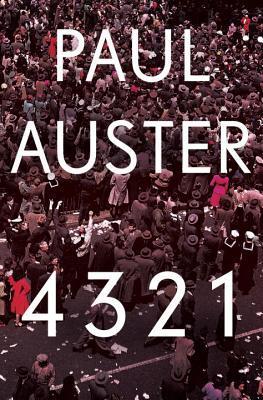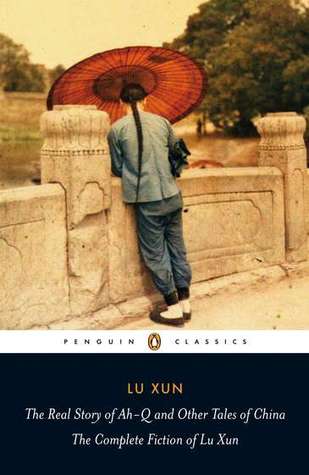Thoughts in a Library
(from Poems: 1848)Speak low—tread softly through these halls;
Here genius lives enshrined,—
Here reign, in silent majesty,
The monarchs of the mind.
A mighty spirit-host they come,
From every age and clime;
Above the buried wrecks of years,
They breast the tide of Time.
And in their presence-chamber here,
They hold their regal state,
And round them throng a noble train,
The gifted and the great.
Oh, child of Earth! when round thy path
The storms of life arise,
And when thy brothers pass thee by,
With stern, unloving eyes,—
Here shall the Poets chant for thee
Their sweetest, loftiest lays;
And Prophets wait to guide thy steps
In wisdom's pleasant ways.
Come, with these God-anointed kings,
Be thou companion here;
And in the mighty realm of mind,
Thou shalt go forth a peer!
Anne Lynch Botta (1815-1891)
American poet, writer, teacher and socialite




